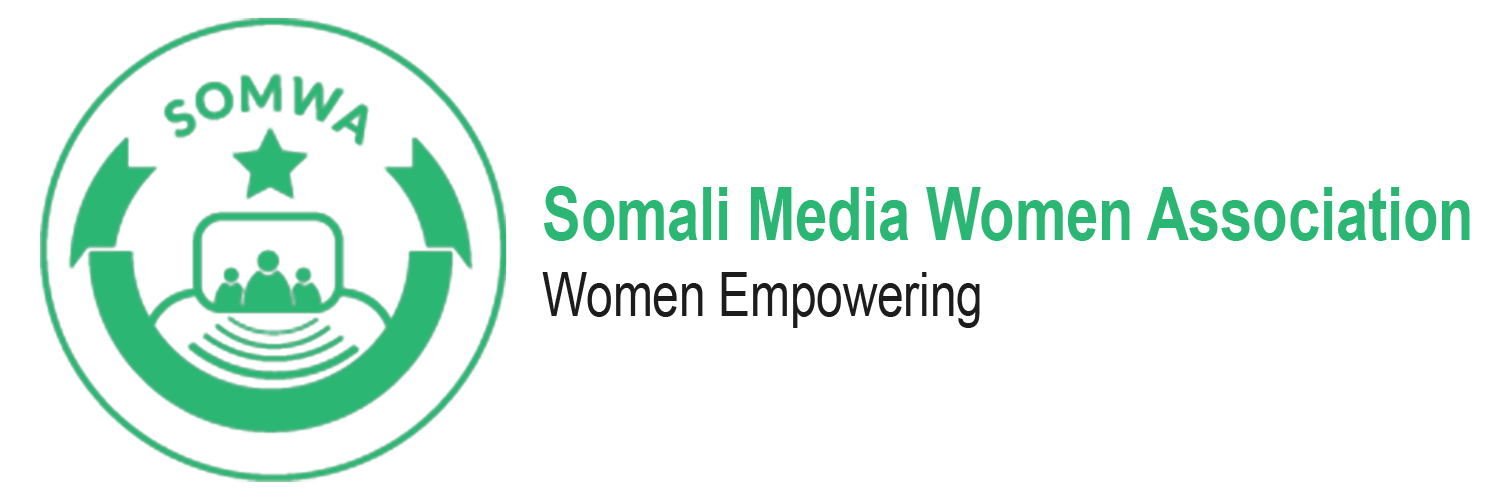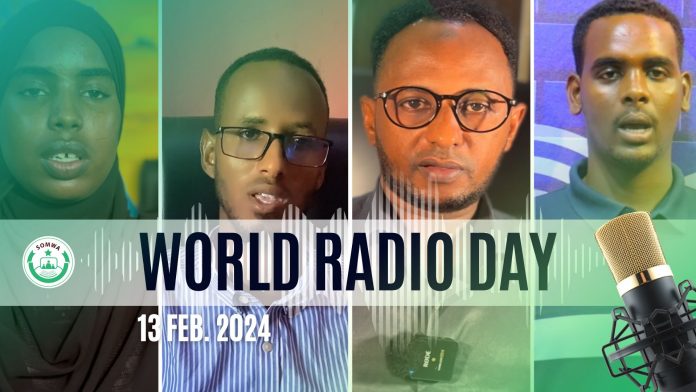On this World Radio Day 2024, the Somali Media Women Association (SOMWA) would like to present a piece that highlights the role Somali radio stations played in their daily news and reports of the El Nino rain.
El Nino rains have brought devastating flash floods to Somalia, further deteriorating an already dire humanitarian situation for vulnerable communities. Bursting riverbanks in the Shabelle and Jubba rivers have destroyed bridges and washed thousands of houses, hospitals, and schools, forcing over 695,000 people to flee from their homes. Most affected are women and children who are already displaced people who have left their homes due to failed rain seasons for five years.
Before the rain fell, radios in Somalia started raising awareness against the El Nino floods, warning them to prepare themselves for devastating floods and avoid dangerous places like reservoirs and overflowing wells during the floods. Despite the fast-growing TVs and social media, radios remained the most listened-to and connected platforms, especially for people who live in rural areas.
During floods local radios were broadcasting news and stories of the affected people and areas. Audiences used to call the programs and discuss how this impacted them and warn others to be cautious of the El Nino
One of these radios is Bilan Media, whose touching stories have reached global audiences. Bilan is an all-women media group run by six female journalists who extensively covered El Nino rainfalls.
Here are some local radio managers, Shukri Mohamed Abdullahi, Mohamed Ali Baaqow, Isak Ali Hafow and Abdiwahid Abdullahi Dahir, who are talking about their awareness raising.
Despite Somalia representing less than 0.03% of the total global emissions, the country pays the highest price by experiencing a cute climate change impact. Somalia is estimated to have over 15 million people, of whom 60% live in rural areas. Most of these people are not fully aware of the impact of climate change.
The best way to reach them to educate them is through the media. Somali media organizations give training to Somali journalists on reporting human rights issues. However, more training is needed, as these trainings have not yet reached many regions.


